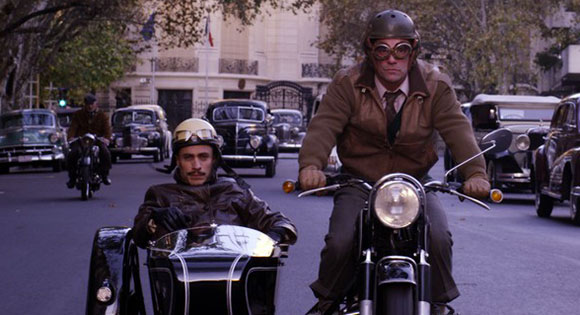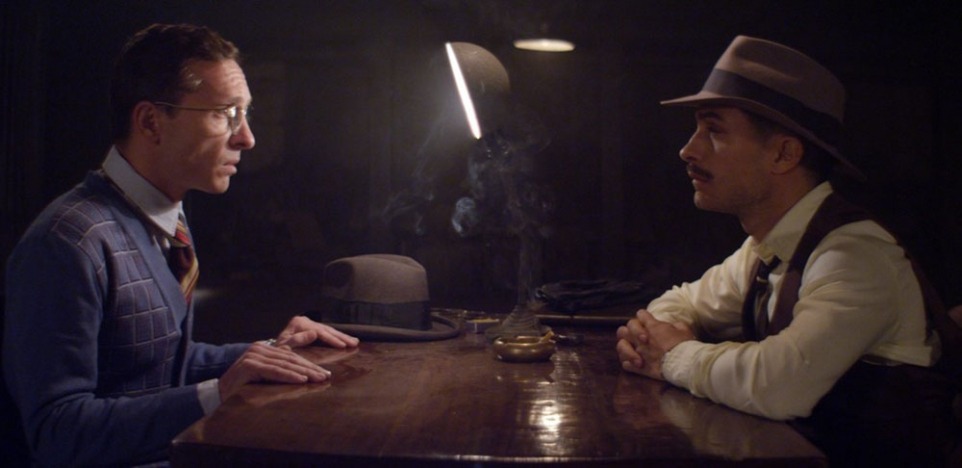Pen name (and later legal name): Pablo Neruda.
Born: July 12, 1904 in Parral, Chile.
Parents: Father was a railway employee, and his mother was a teacher who died shortly after his birth.
Personality type: Confident, creative, secretive, self-absorbed, hedonistic.
Character traits: Perseverance, self-entitlement, ambitious.
As a teenager: Published poems and articles.
Education: University of Chile.
His writing career: Began in 1920 when he took the pseudonym Pablo Neruda, a name he derived from the Czech poet, Jan Neruda.
Unity with others: "I am as all mortals are / Unable to be patient." (from the poem "The Fear")
His poetry: Named as one of the great poets of the 20th century. Among his favorite themes were history, sexuality, and surrealism.
Imagination: In his Book of Questions, he asked questions about rice, trains, beer, and snow. He wanted to know how the abandoned bicycle won its freedom and if the world holds anything sadder than a train standing in the rain.
Ideology: Communism.
Admired Stalin: During World War II, he was impressed with the Soviet Union's Joseph Stalin for his defeat of Nazi Germany.
Senator: Neruda served as a senator in the Chilean Communist Party during 1945.
Marriage: To a Chilean singer Matilde Urrutia.
On Love & Memory: "Love is so short, forgetting is so long." (from the poem "Tonight I Can Write the Saddest Lines.")
Exile: When the tide turned against the Communists in Chile, Neruda went into exile (1948); he spent three years in Buenos Aires.
Worldwide Fame: By 1952, he enjoyed worldwide fame as a poet.
Prestige: Served as Ambassador to France.
Award: In 1971, he was awarded the Nobel Prize for Literature.
Died of Cancer: September 23, 1973 in Santiago, Chile; age 69.
Memorable Line: "I am one more leaf on the great human tree."

In an interview in The New York Times, the Chilean director Pablo Larraín calls Neruda — with its distinctive and intriguing mix of surrealism and realism — an "anti-bio." The film is a double portrait of the world famous poet and Oscar Peluchonneau (Gael Garcia Bernal), a dogged police chief who is pursuing him. This frequently frustrated young policeman is the son of a prostitute; he is trying desperately not to wind up as a secondary character in the much more exciting and dramatic life of Pablo Neruda (Luis Gnecco) who flirts with local whores after refusing to have sex with his aristocratic wife Delia (Mercedes Morán). Peluchonneau is envious of the poet's ability to connect with others. For example, in emotional scene Neruda lifts the spirit of a drag queen who yearns to express his passion.

In this well-crafted drama, Larraín makes the most of the talents of Gael Garcia Bernal who was so impressive in No, the third in a series of films about life under the horrific Pinochet regime. Neruda seems to draw out the unconventional in those who seek to portray him in movies. The 1994 Italian film Il Postino has been described as a fictional story about the life of the poet.
